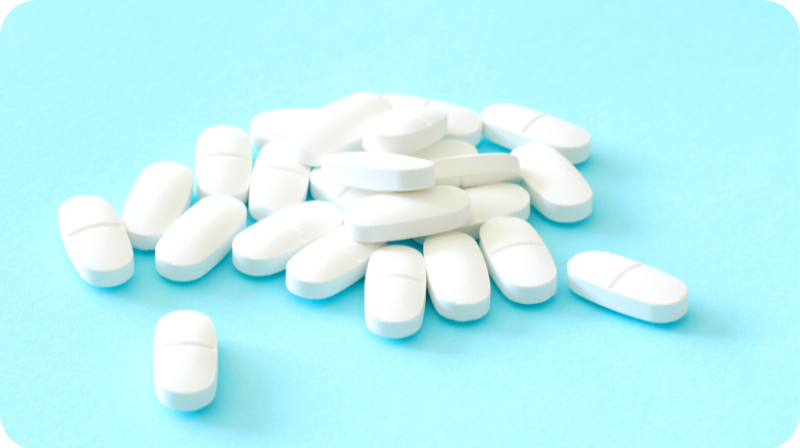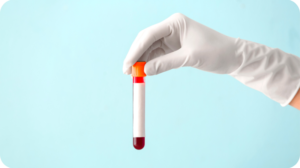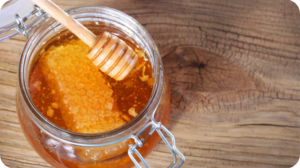Modern prescription antibiotics have been both a blessing and curse. A vast number of individuals who might have died of serious infection survived thanks to this class of drugs. Unfortunately, many of those individuals did not take the drug as prescribed. That misuse, coupled with the rampant over-prescription of antibiotics from the mid-twentieth century on, has led to a race among pharmaceutical companies to create new and more powerful antibiotics to replace previous versions to which the targeted bacteria has become resistant or immune.

As antibiotics have become stronger, side effects have become more serious. A study recently published in the journal Gut, found that antibiotic use increases the risk for Inflammatory Bowel Disease (IBD) in adults over 40.
This is not surprising given that medical experts have long known that antibiotics not only kill targeted disease-causing bacteria, they also indiscriminately kill healthy gut bacteria. Repeated antibiotic use can lead to long-term gut biome damage. The takeaway is that antibiotics should be considered a last line of defense to fight a bacterial infection, not the first option of choice.
Avoiding Antibiotic Use
As drug-resistant infections have shown, patients regularly misuse antibiotics. Doctors tend to turn to the drugs at the first sign of infection. So the first strategy for avoid negative effects is to take antibiotics as rarely as possible. Before you turn to a prescription, try these natural strategies.
- Boost health. Your immune system is designed to fight infection, so it’s wise to give it every opportunity to do that well. That means doubling down on a healthy lifestyle. Eat a lower number of nutrient-dense calories (fasting is another option, one that has been shown to turbocharge immune response). Drink in moderation if at all. Hydrate properly. Avoid stress and get plenty of restorative, natural sleep.
- Eat your antibiotics. Several foods have strong antibiotic properties. Two of the best are raw garlic and raw organic manuka honey. In fact, soldiers in the field of battle in centuries past would triage wounds with a poultice of crushed garlic or a dressing of raw honey. Those foods are not alone in fighting infection. Oregano oil, grapefruit seed extract, and fermented foods all have bacteria-fighting compounds.
When Antibiotics are a Must
Sometimes, despite your best efforts, you may need prescription antibiotics to fight a persistent infection. In those cases, follow these guidelines to ensure the antibiotic doesn’t cause as many problems as it solves.
- Avoid interactions. Read all the literature supplied with the drug to determine if you need to avoid certain foods during your course of treatment. Foods that can interfere with the effectiveness of certain antibiotics include alcohol, dairy products, and grapefruit juice.
- Follow instructions. Take the drug exactly as prescribed.
- Accommodate missed doses. Take a missed dose as soon as you realize you’ve missed it, unless you’re within an hour of the next dose.
- Take with food as directed. This can help keep preserve gut bacteria as the drug fights the infection.
- Take the complete course. Prescriptions for antibiotics should be taken until all the pills are gone. A common mistake that patients make is discontinuing use once they feel better. This is a primary contributor to drug-resistant bacteria.
- Rebuild. During, and immediately after antibiotic use, take a probiotic with at least 10 billion live cultures. Take two per day, ingesting them between antibiotic doses. You’ll also help preserve your gut biome by eating fermented foods such as sauerkraut, kimchi, Greek yogurt, and miso.
We continue to learn how deeply gut health is tied to overall physical and mental health. Damaging your gut biome can be the first domino in a long-term health cascade. Avoid that by limiting antibiotic use and boosting gut health any time you use these powerful drugs. Learn more about inflammatory bowel disease on the CDC’s website.





